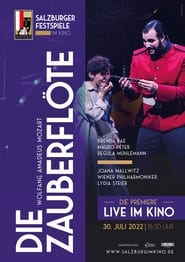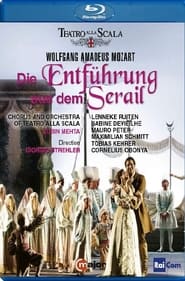detail profile mauro peter
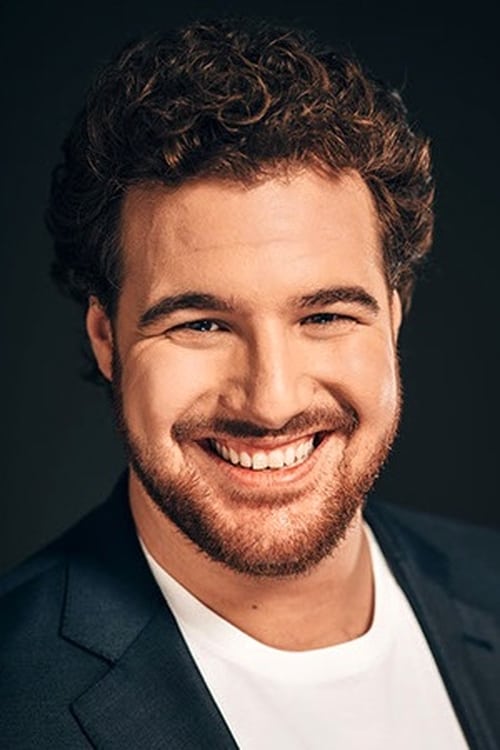
Riwayat Hidup
Mauro Peter is a Swiss operatic tenor.
Info Pribadi
Peran Yang Di Mainkan Mauro Peter
 A godforsaken village in Germany shortly...
A godforsaken village in Germany shortly...Der Freischütz - Von der Seebühne Bregenz 2024
A godforsaken village in Germany shortly after the Thirty Years’ War: The young scrivener Max loves Agathe, daughter of the head forester Kuno. But to marry her, the inexperienced marksman Max must participate in an archaic tradition and score in a shooting trial – an unfulfillable challenge for him. The dubious war veteran Kaspar knows about this. He convinces the scrivener to meet him at Wolf’s Glen at midnight to forge “free bullets” that never miss their target. Max, who does not see any other way out of his unfortunate situation, sells his soul to the devil. Not knowing about the catch behind this deal: while six of the cursed bullets will hit the desired target, the seventh lies in the devil’s hands.
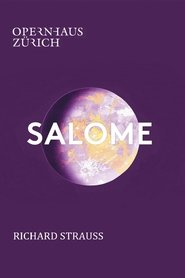 The Galilean Princess Salome is one...
The Galilean Princess Salome is one...Salome - Opernhaus Zurich 2021
The Galilean Princess Salome is one of the mythical female figures in Western cultural history. Her erotic dance in front of her stepfather Herod is already mentioned in the gospels of the Bible, for whom she has the severed head of John the Baptist brought on a bowl in return.
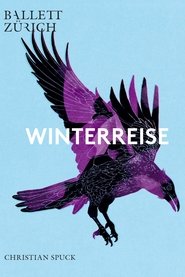 Franz Schuberts Winterreise is considered the...
Franz Schuberts Winterreise is considered the...Winterreise 2021
Franz Schubert's "Winterreise" is considered the pinnacle of German art song. Hans Zender (1936 - 2019) arranged the cycle in 1993, and his version for tenor and small orchestra brings to light emotions that pulsate beneath the surface in Schubert. Similar to Hans Zender, the choreographer Christian Spuck is also concerned with a journey into the interior of the human being.
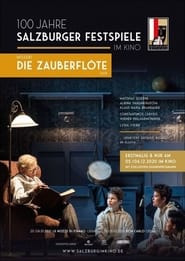 Magic opera Singspiel a comedy with...
Magic opera Singspiel a comedy with...Mozart: Die Zauberflöte 2019
Magic opera, Singspiel, a comedy with spectacular stage effects, Masonic ritual with Egyptian mysteries, heroic-comic opera? Die Zauberflöte is heard more often and has been more frequently performed, discussed, queried and interrogated than almost any other work in the history of opera. It is rare for the mysteriousness and multiformity of a work to be adjured with such mantric intensity. It is equally rare for a work to enjoy such undisputed success despite all these debates – and for over two hundred years at that.
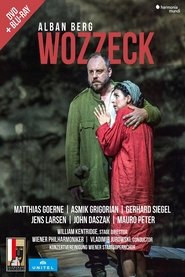 A study of a mans physical...
A study of a mans physical...Wozzeck 2018
A study of a man's physical and mental limitations. In the 24 quite harsh and grueling fragments of the unfinished drama, a body and a mind are tested as far as they can be pushed before their owner goes over the edge. Is there just one thing that proves to be too much for Franz Woyzeck, or is it an accumulation of miseries and torments of a wretched existence? Woyzeck is perhaps not so much a bleak account of how miserable life can be as how much strength is required to deal with the daily vicissitudes of life and how delicate and fragile a balance the human psyche rests on.
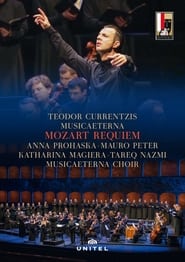 Mozarts Requiem his final and unfinished...
Mozarts Requiem his final and unfinished...Salzburg Festival 2017: Mozart, Requiem in D minor, K. 626 2017
Mozart’s Requiem – his final and unfinished masterpiece – is an extraordinary work. Discover the piece at the Salzburg Festival in the hands of conductor Teodor Currentzis, the ensemble musicAeterna, Anna Prohaska (soprano), Katharina Magiera (contralto), Mauro Peter (tenor), and Tareq Nazmi (bass). Few musical works are as steeped in legend as Mozart’s Requiem in D minor, K. 626. Commissioned anonymously by the eccentric count Franz von Walsegg, the funereal oeuvre would become Mozart’s last: when he died on December 5, 1791, only the Requiem aeternam and Kyrie movements were fully composed and orchestrated. Completed by other composers (Mozart’s student Franz Xaver Süssmayer in particular) using Mozart’s sketches and notes, the resulting work weaves the emotions we associate with death into a timeless musical exploration of every human being’s destiny, and constitutes a powerful final testament to its creator’s genius.
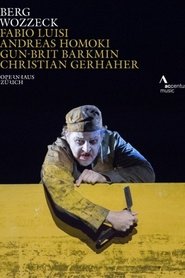 The soldier Wozzeck Christian Gerhaher flits...
The soldier Wozzeck Christian Gerhaher flits...Alban Berg - Wozzeck 2016
The soldier Wozzeck (Christian Gerhaher) flits through a world that he is unable to decipher. The doctor torments him with absurd medical experiments; the captain humiliates and ridicules him. And Wozzeck’s lover, Marie (Gun-Brit Barkmin), with whom he has a child, cuckolds him with the drum major. Wozzeck becomes a murderer, stabbing Marie to death. Georg Büchner’s drama fragment, on which Alban Berg based his first opera, is an unflinching case study of social injustice and human suffering. But it is also a grotesque piece that thrives on exaggeration – and in which only a fine line separates the unfathomable from the ridiculous. Accordingly, director Andreas Homoki forgoes all realism.
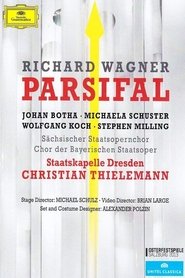 Christian Thielemann conducts the Staatskapelle Dresden...
Christian Thielemann conducts the Staatskapelle Dresden...Parsifal live at the Salzburg Easter Festival 2013
Christian Thielemann conducts the Staatskapelle Dresden in this performance of Wagner's opera recorded live in 2013. The performance was held for the Salzburg Easter Festival and featured vocalists including Johan Botha, Michaela Schuster, Stephen Milling and Wolfgang Koch.
